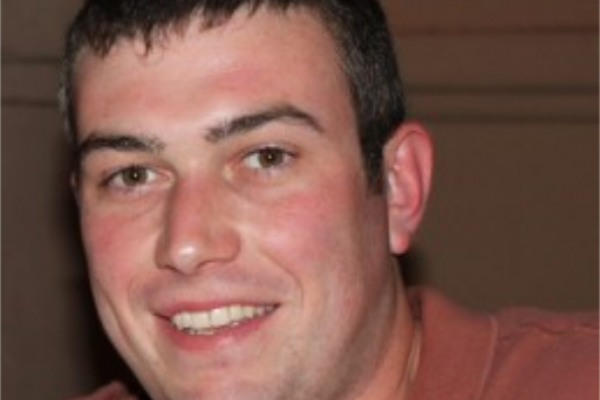
Title: The Structure of Human Social Networks Promotes Prosocial Behaviors
Speaker: David Melamed (Ohio State University)
Abstract: Understanding the evolution of prosocial behaviors – cooperation and unilateral flows of resources – remains an important interdisciplinary scientific problem. On the one hand, prosocial behaviors are an evolutionary paradox since they entail decreasing one’s own fitness to benefit another. On the other, understanding the mechanisms that promote prosocial behaviors enable their prediction, making this a key scientific problem as well. Some of the key mechanisms that have been identified to promote prosocial behavior are inherently network or relational phenomena. Direct reciprocity arises in dyads, and both generalized and indirect reciprocity arise in broader network structures. However, these processes are typically studied in isolation, and the role of broader network topology is not understood. Here, we use an agent-based model to investigate how the topology of social networks shape prosocial acts. The behavior of the agents is driven by results from a web-based experiment, and the networks that define their relations are derived from generative network models of the ten largest friendship networks in the National Longitudinal Study of Adolescent to Adult Health. We find that properties of real-world networks are indeed related to rates of prosociality. In particular, homophily and transitivity increase types of reciprocity, which, in turn, increase prosociality. That is, we demonstrate that the formal properties of human social relations promote prosocial behavior.
Seminar URL: http://tgda.osu.edu
